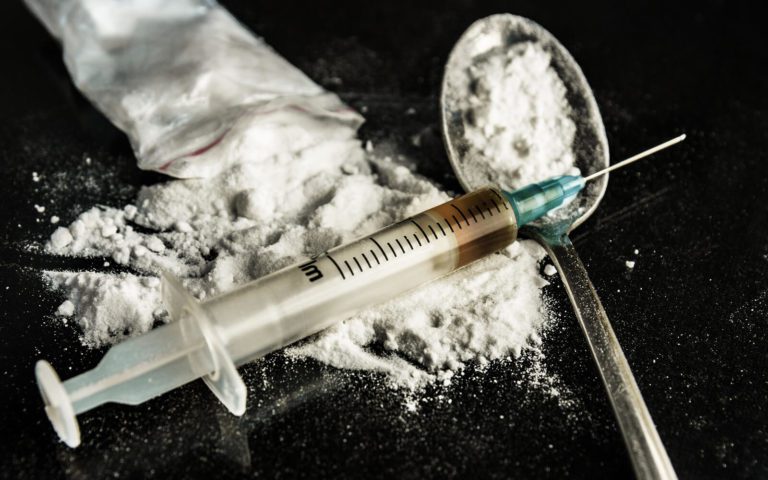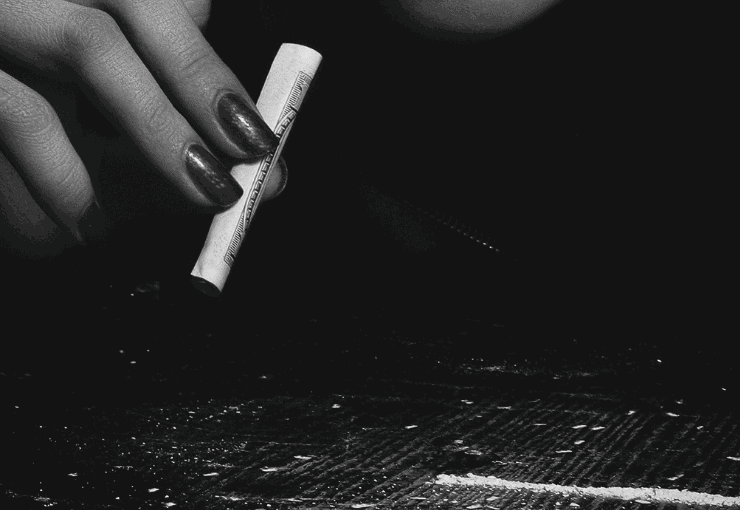When thinking about alcohol dependence, most individuals picture an adult as an alcoholic. Sadly, children and teens can also develop alcohol use disorder, creating an addiction and dependence on the substance. Fortunately, there are a number of effective ways one can help an alcoholic child.
What is Alcohol Dependence?
Alcohol dependence is more commonly referred to in research and scientific study as Alcohol Use Disorder (AUD). After decades of research and study on the subject, the National Institute on Alcohol Abuse and Alcoholism defines alcohol use disorder as a medical condition where an individual has an impaired ability to exercise control over their alcohol consumption. If a person develops alcohol use disorder, they are unable to fully control or stop consuming alcohol — even when facing social, occupational, educational, or health-related consequences.
The Signs of an Alcoholic Child
Alcohol use disorder affects every individual in a different way, so the signs of alcohol dependence often vary from person to person. Some may show multiple or all of the common signs that they are living with alcohol use disorder while others may only show one or two. In any case, there are a variety of signs one can look for to help to determine if a child is an alcoholic.
The signs of an alcoholic child include:
- Drinking in secreting
- Excusing drinking behavior
- Prioritizing drinking over any other responsibilities
- Frequent hangovers
- Blackouts
- Memory loss
- Mood swings
- Irritability
- Isolation
- Difficulties in school or with their home life
- Changes in behavior, appearance, and/or social interactions
How to Help an Alcoholic Child
Helping an alcoholic child is never easy, but it is necessary for their health and wellbeing. In order to give them the help they need, one should utilize the following strategies:
Avoid Any Feelings of Denial
Many parents and guardians have trouble accepting the idea that their child may have alcohol dependence. Oftentimes, parents and guardians will try to reassure themselves that a child’s drinking behavior is okay — instead of confronting it. However, by not confronting their child’s drinking behavior, they unintentionally enable it. While it may be challenging, parents and guardians must not live in denial. They must accept the harsh reality of the situation in order to help their child.
Offer Support and Empathy
If a child does have alcohol dependence, it is important for parents and guardians to remember that it is not a moral flaw or failing. Alcohol is a commonly consumed and sold substance around the world. However, it is also addictive, especially for children, teens, and young adults while their brains are still developing. With this in mind, parents and guardians should not scold a child for alcohol dependence. Instead, they must offer empathy and support to seek sobriety.
Intervene
Although it may be the most difficult task, parents and guardians must intervene on a child’s alcohol dependence. The best way to do so is through an intervention. During an intervention, a child’s parents or guardians and any other friends or family can voice their concerns and encourage them to commit to treatment and recovery.
Seek Professional Treatment for Alcohol Dependence
After a successful intervention, an alcoholic child must be placed in a professional treatment program for alcohol dependence. Professional programs from rehabilitation facilities are often the most effective for treating individuals with alcohol use disorder and helping them achieve lasting sobriety. Fortunately, there are many proven treatment programs available for alcoholics of any age.
Effective Addiction Treatment is Available Near You!
If you, a loved one, or a child is living with alcohol dependence, help is available in your area! At “Knoxville Recovery Center, our team of addiction specialists can find a treatment program that is right for you or your loved one. Contact us today for more information on all of our offerings for individuals living with alcohol use disorder!










